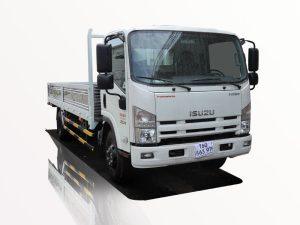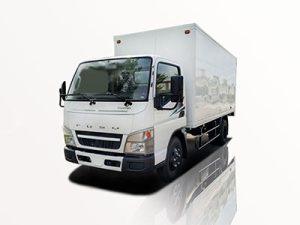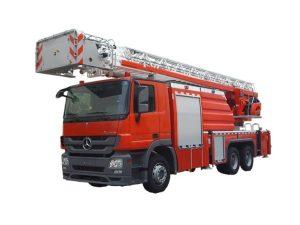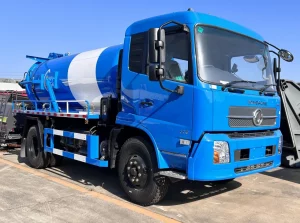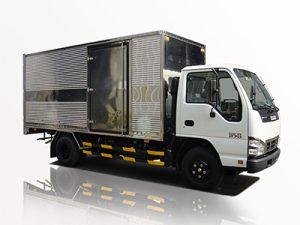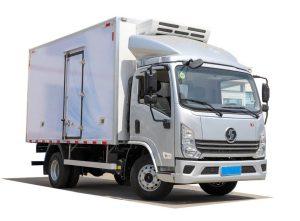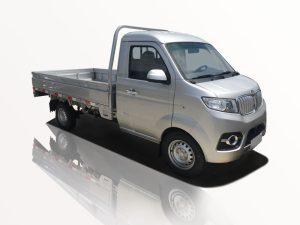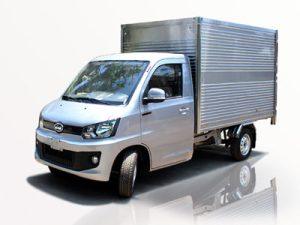Monday to Saturday - 8:00 -17:30
Airport Catering Truck: An Essential Component in Aviation Services
Airport catering trucks play a crucial role in the aviation industry by ensuring that airlines and passengers receive quality food and beverage services. These specialized vehicles are equipped to handle the specific needs of different airlines, from loading meals onto aircraft to providing in-flight beverage services. In this article, we will explore everything you need to know about airport catering trucks, their importance, types, functioning, and more.
Understanding Airport Catering Trucks
What is an Airport Catering Truck?
An airport catering truck is a specialized vehicle designed to transport food, beverages, and catering equipment to aircraft. These trucks are equipped to handle various catering needs and are an essential part of the airport’s logistics and services.
The Importance of Airport Catering Trucks
Airport catering trucks ensure timely delivery of meals to airplanes, helping maintain flight schedules. They also enhance passenger experience by providing quality in-flight dining options. Without these trucks, airlines would struggle to offer a satisfactory level of service, significantly impacting customer satisfaction and loyalty.
Types of Airport Catering Trucks
Standard Catering Trucks
Standard catering trucks are commonly used across the industry. They have large compartments to store and transport prepared meals and beverages. They usually have a hydraulic lift to facilitate loading and unloading.
Elevated Catering Trucks
Elevated catering trucks have a raised platform that helps in easily loading meals into aircraft. They are particularly useful for larger aircraft that require flipping or navigating tight spaces.
Refrigerated Catering Trucks
These trucks maintain specific temperature requirements for perishable goods. Equipped with refrigeration units, they are essential for transporting food safely to ensure quality and freshness.
Key Features of Airport Catering Trucks
Temperature Control
Maintaining proper temperature is vital for food safety. Catering trucks come equipped with refrigeration units or heated compartments, allowing delivery of food that is warm, fresh, and safe.
Modular Storage
Many catering trucks feature modular storage solutions that can be adjusted depending on the type and quantity of meals being transported.
Efficient Loading and Unloading Mechanisms
Hydraulic lifts and ramps make the loading and unloading process quick and efficient, minimizing turnaround time and helping airlines maintain their schedules.
Vehicle Size and Maneuverability
Catering trucks are designed to navigate tight airport spaces, with varying sizes suited for small regional airports to large international hubs.
The Role of Airport Catering Trucks in Flight Operations
Meal Preparation and Delivery
Catering trucks play a pivotal role in the preparation and delivery of in-flight meals. Coordination between kitchen staff and catering truck drivers is essential to ensure everything reaches the aircraft on time.
Efficient Service to Airlines
Airport catering companies work closely with airlines to design menu options that cater to various dietary restrictions and passenger preferences, thus improving service quality.
Operational Challenges Faced by Airport Catering Trucks
Time Constraints
Catering trucks must operate under strict time constraints, especially during short turnaround times between flights. Efficiency is key to ensuring that meals are delivered on time without compromising quality.
Regulatory Compliance
Catering trucks must adhere to aviation regulations regarding food safety, storage conditions, and sanitation. Additionally, they must comply with the specific requirements of each airline.
Weather Conditions
Adverse weather can disrupt operations. Catering trucks must be equipped to handle various conditions, ensuring meals remain safe and intact during transport.
Future of Airport Catering Trucks
Technological Advancements
Integration of technology is revolutionizing the airport catering business. Automated systems, GPS tracking, and real-time monitoring of food temperature are becoming standard features in modern catering trucks.
Environmentally Friendly Options
With growing concerns about sustainability, companies are now investing in eco-friendly catering trucks. These vehicles are designed to reduce emissions and utilize recycled materials, contributing to greener operations.
Practical Examples of Airport Catering Operations
Case Study: A Major Airline’s Catering Service
One major airline has implemented a sophisticated system for measuring catering efficiency. By using advanced tracking and inventory systems, their airport catering trucks deliver meals with an over 95% success rate on timely deliveries, significantly enhancing passenger satisfaction.
Tips for Optimizing Airport Catering Operations
- Invest in training for catering truck drivers to improve efficiency and adherence to safety protocols.
- Utilize real-time tracking systems to monitor catering truck locations and schedules.
- Implement regular maintenance checks to ensure trucks are in optimal condition.
- Collaborate with airlines to streamline the menu preparation process and reduce meal wastage.
Frequently Asked Questions (FAQ)
What types of meals do airport catering trucks deliver?
Airport catering trucks can deliver a variety of meals, including hot meals, cold sandwiches, salads, and snacks, depending on the airline’s menu options.
How do catering trucks maintain food safety during transport?
Catering trucks maintain food safety by employing temperature-controlled compartments and following strict sanitation protocols throughout the process.
What challenges do airport catering services face?
Common challenges include managing tight delivery schedules, ensuring compliance with regulations, and maintaining food quality during transport.
How can airlines improve their catering services?
Airlines can improve their catering services by utilizing technology for better tracking, investing in high-quality meals, and ensuring their catering trucks are efficient and well-maintained.
Are there regulations governing airport catering operations?
Yes, airport catering operations must comply with various health and safety regulations set by aviation authorities to ensure food safety and quality standards.
Can airport catering trucks be used for other transportation needs?
While primarily used for airport catering, these trucks can also be adapted to transport food and beverages for large events or other transportation needs outside of the airport environment.


